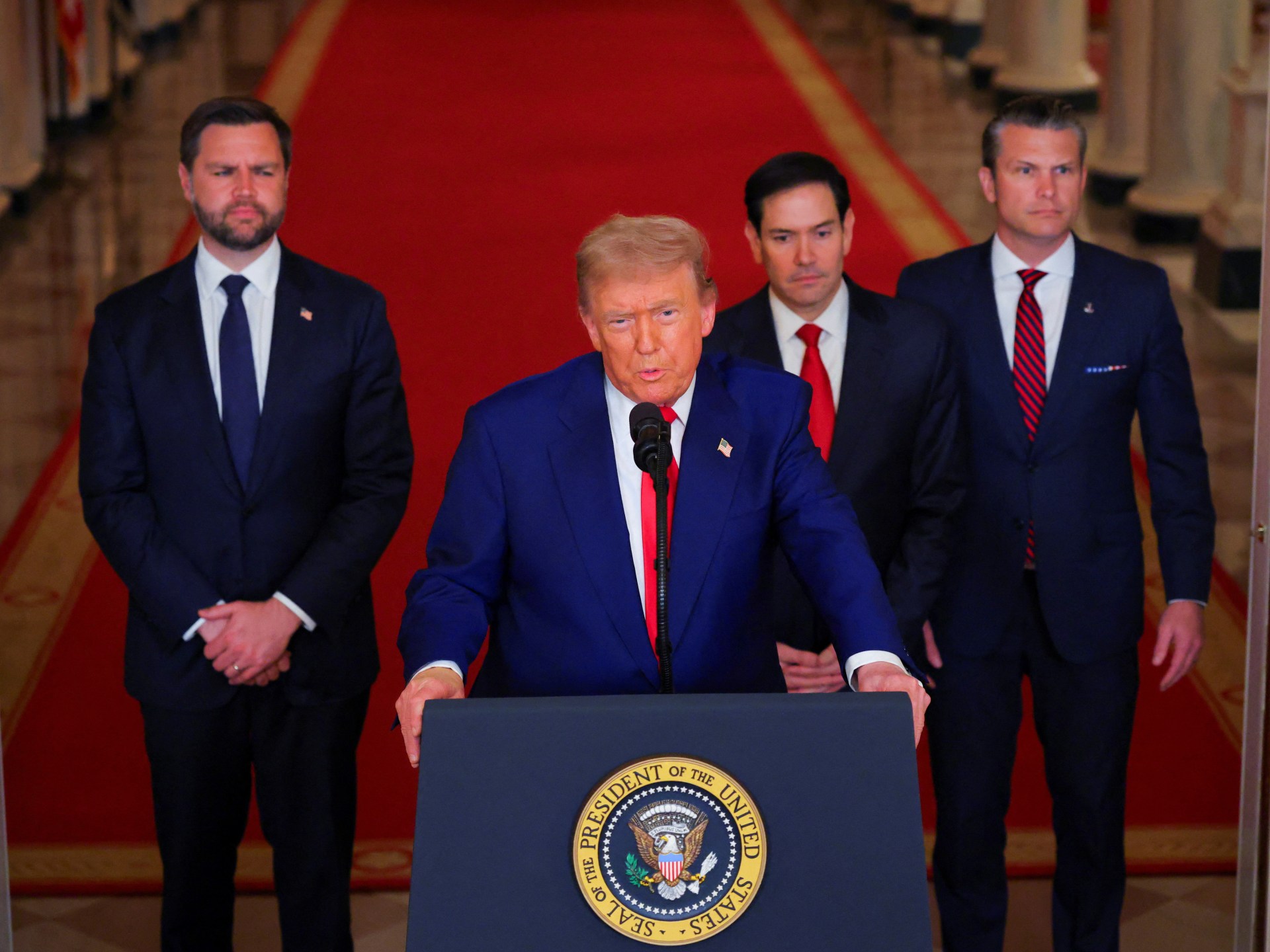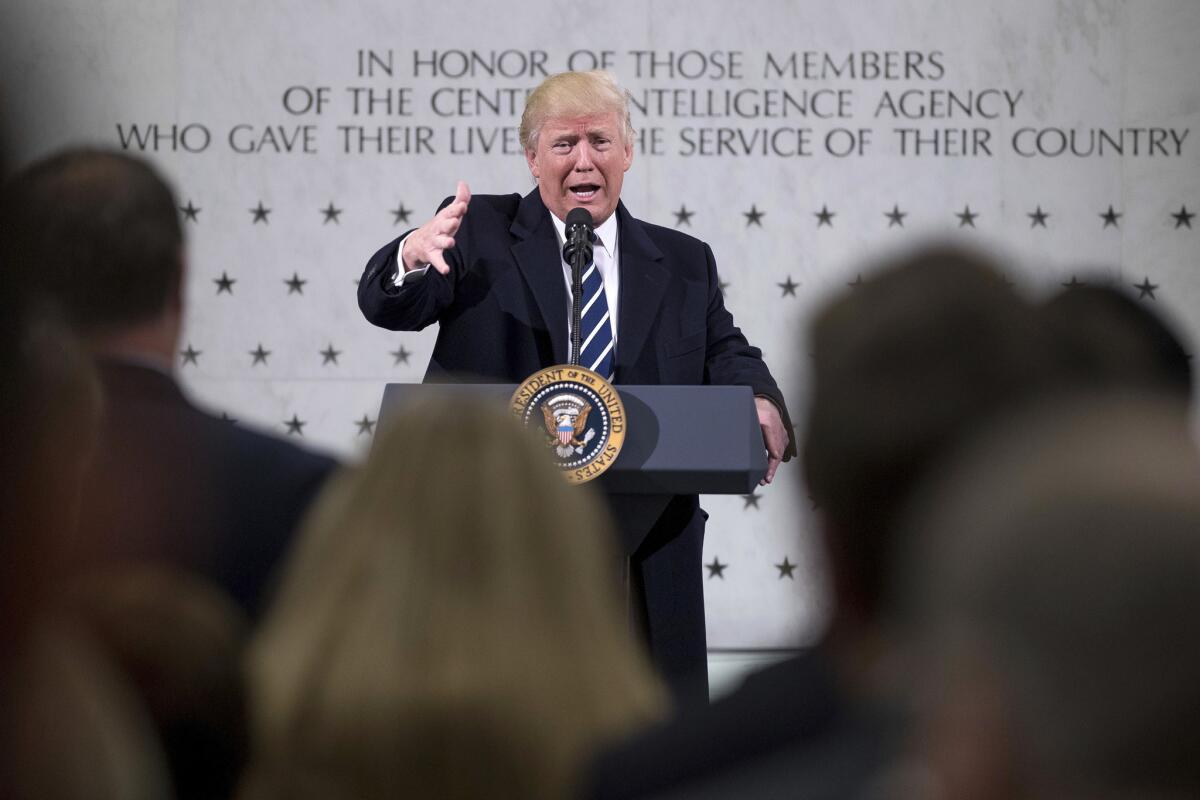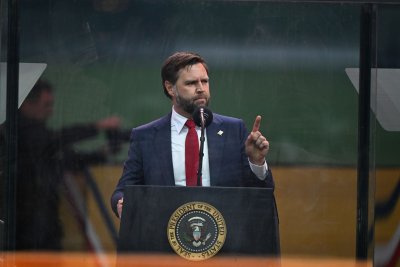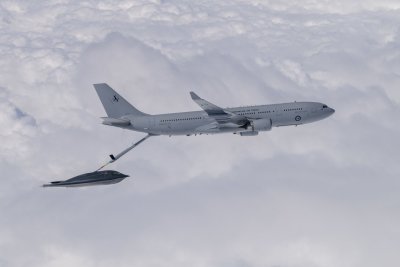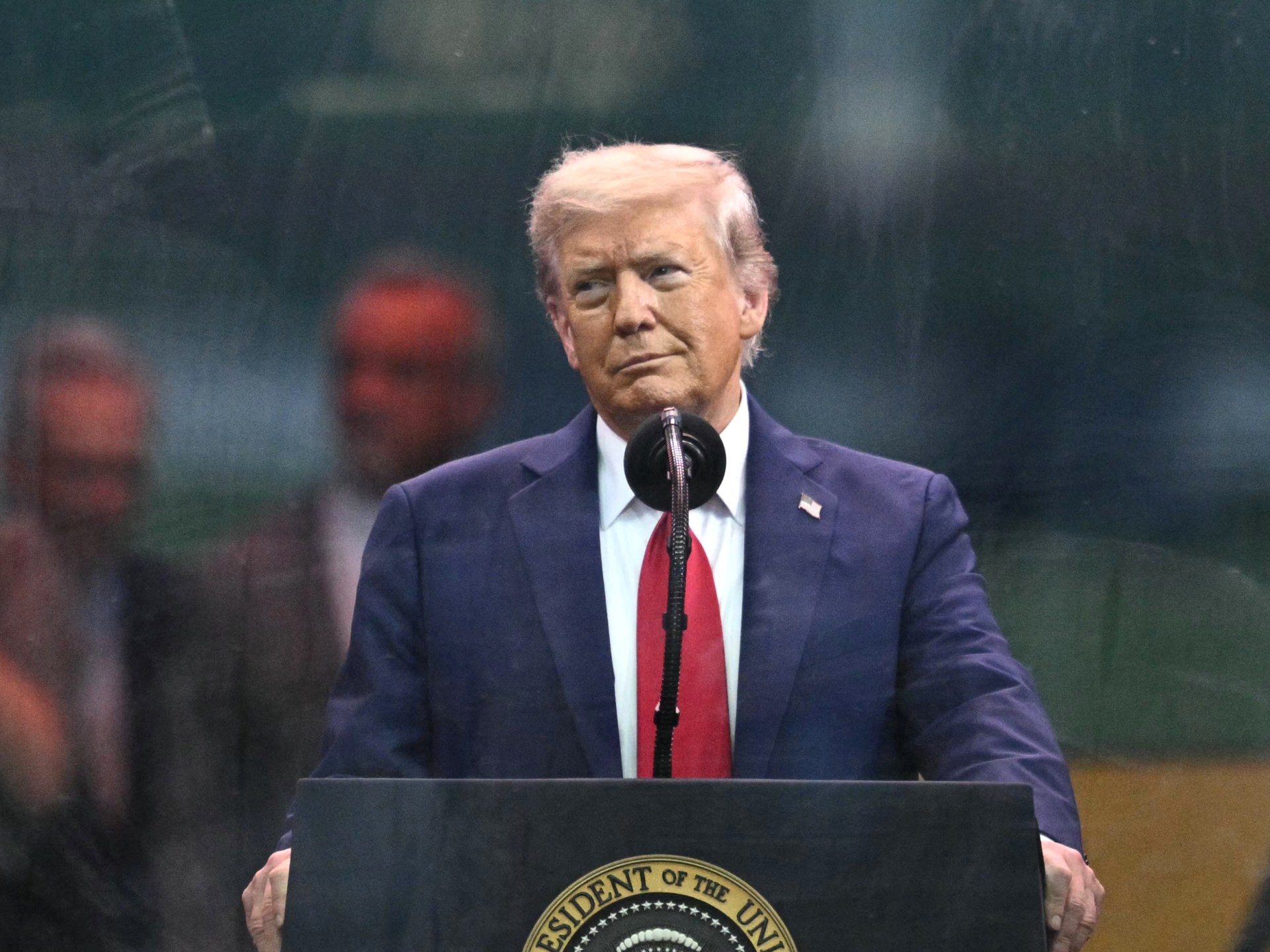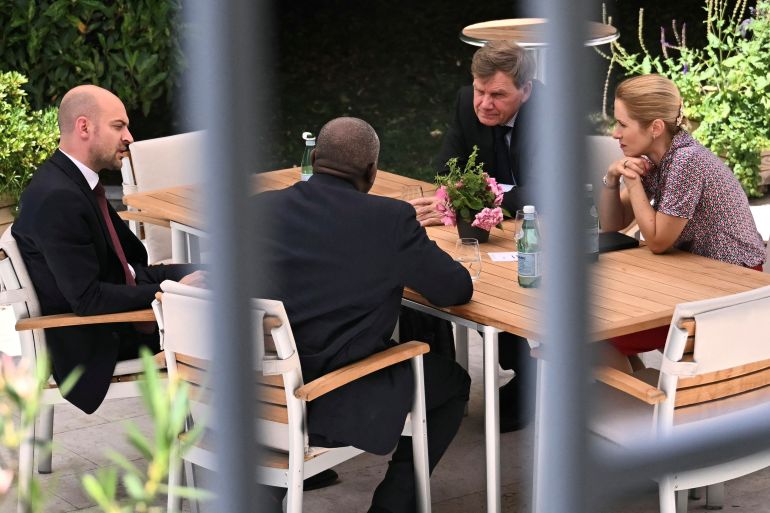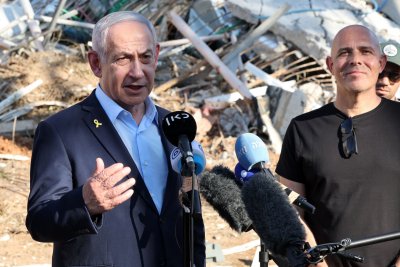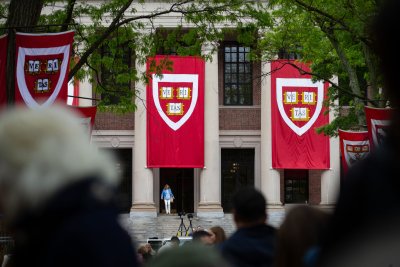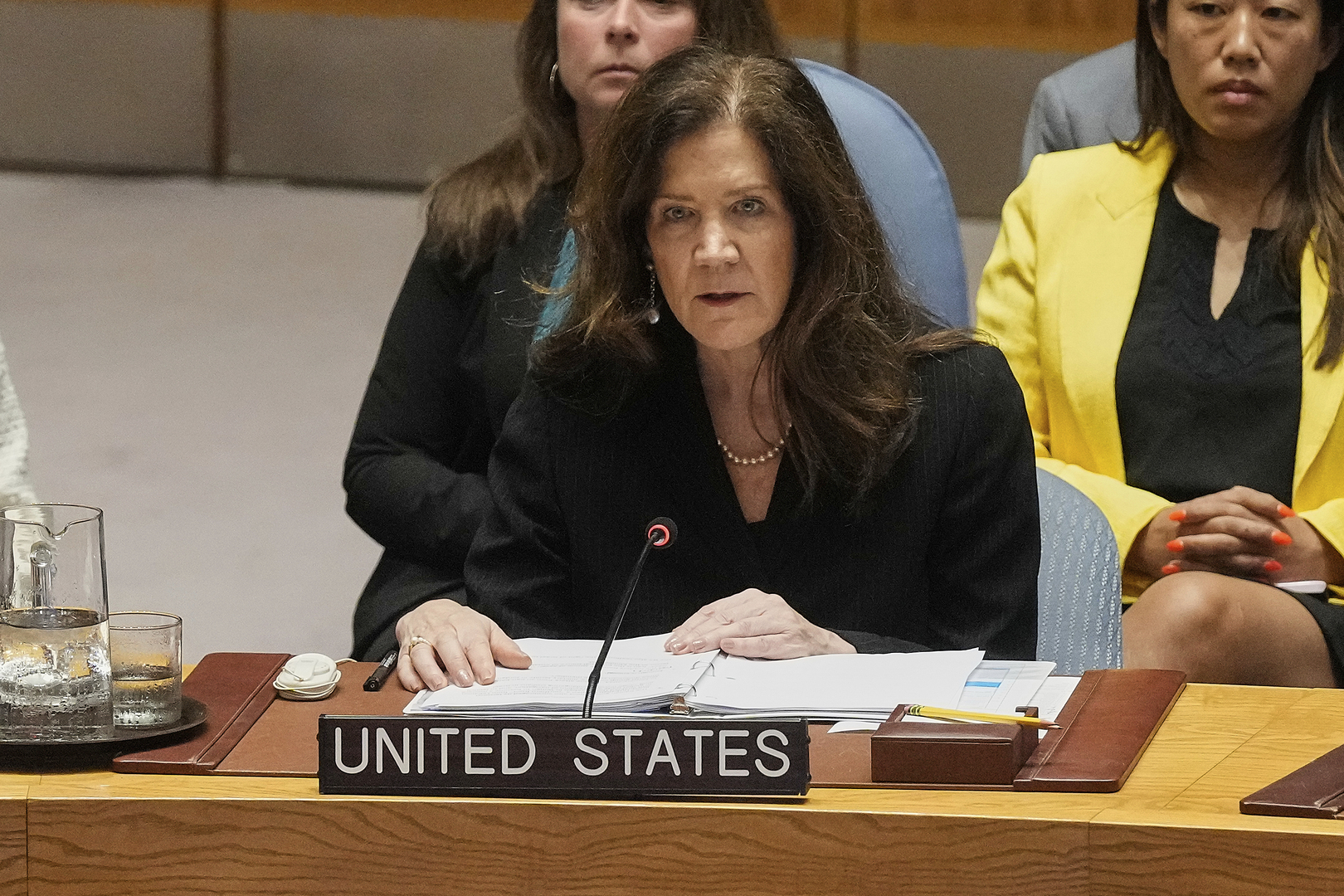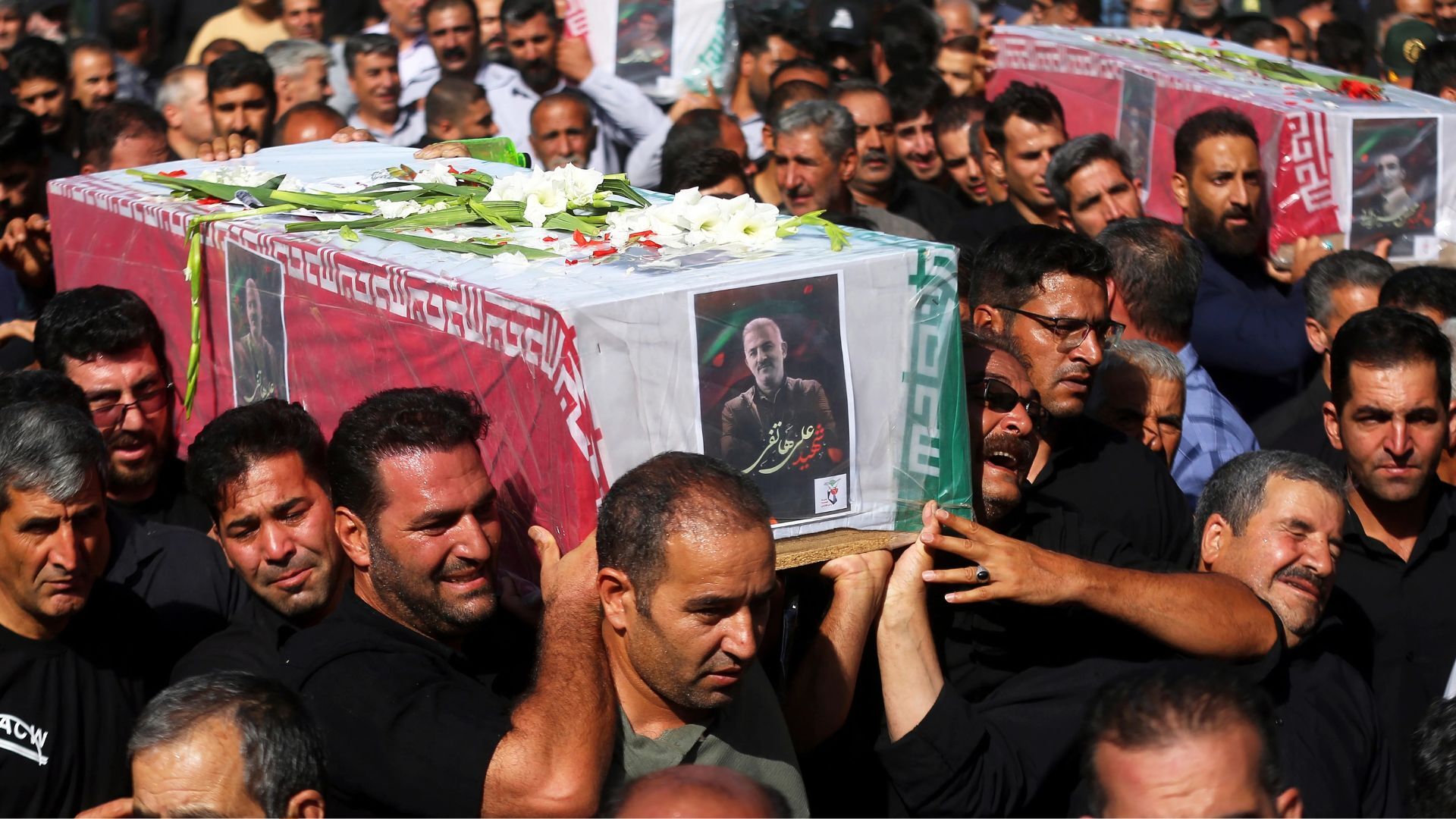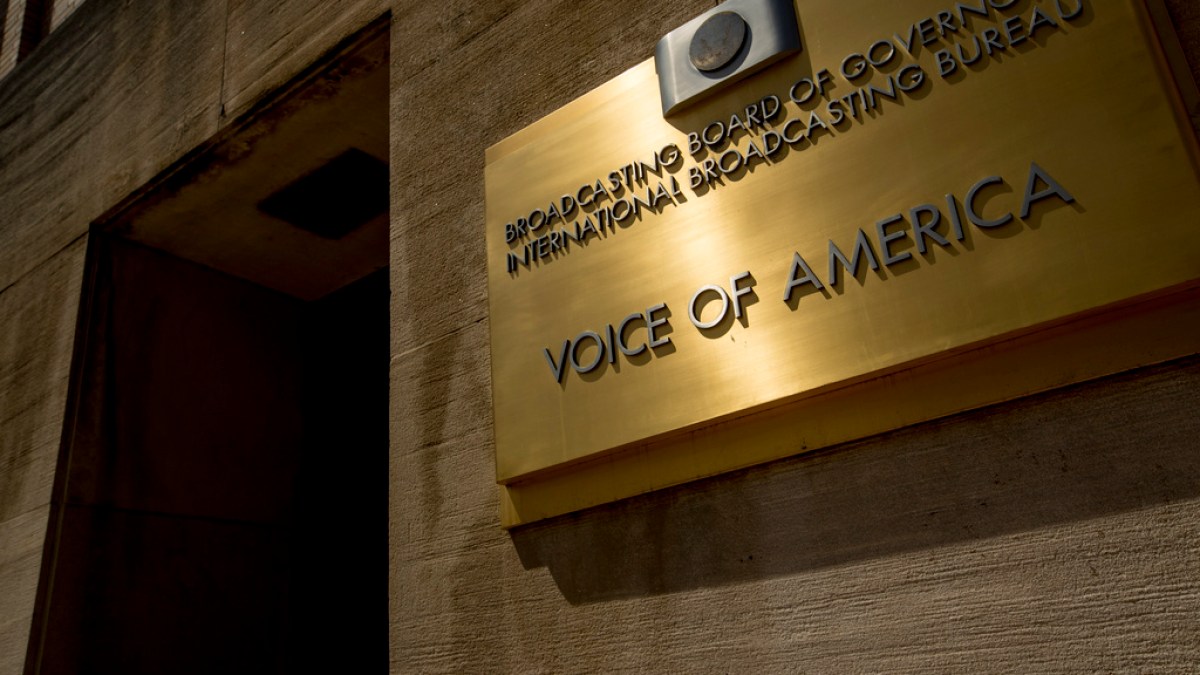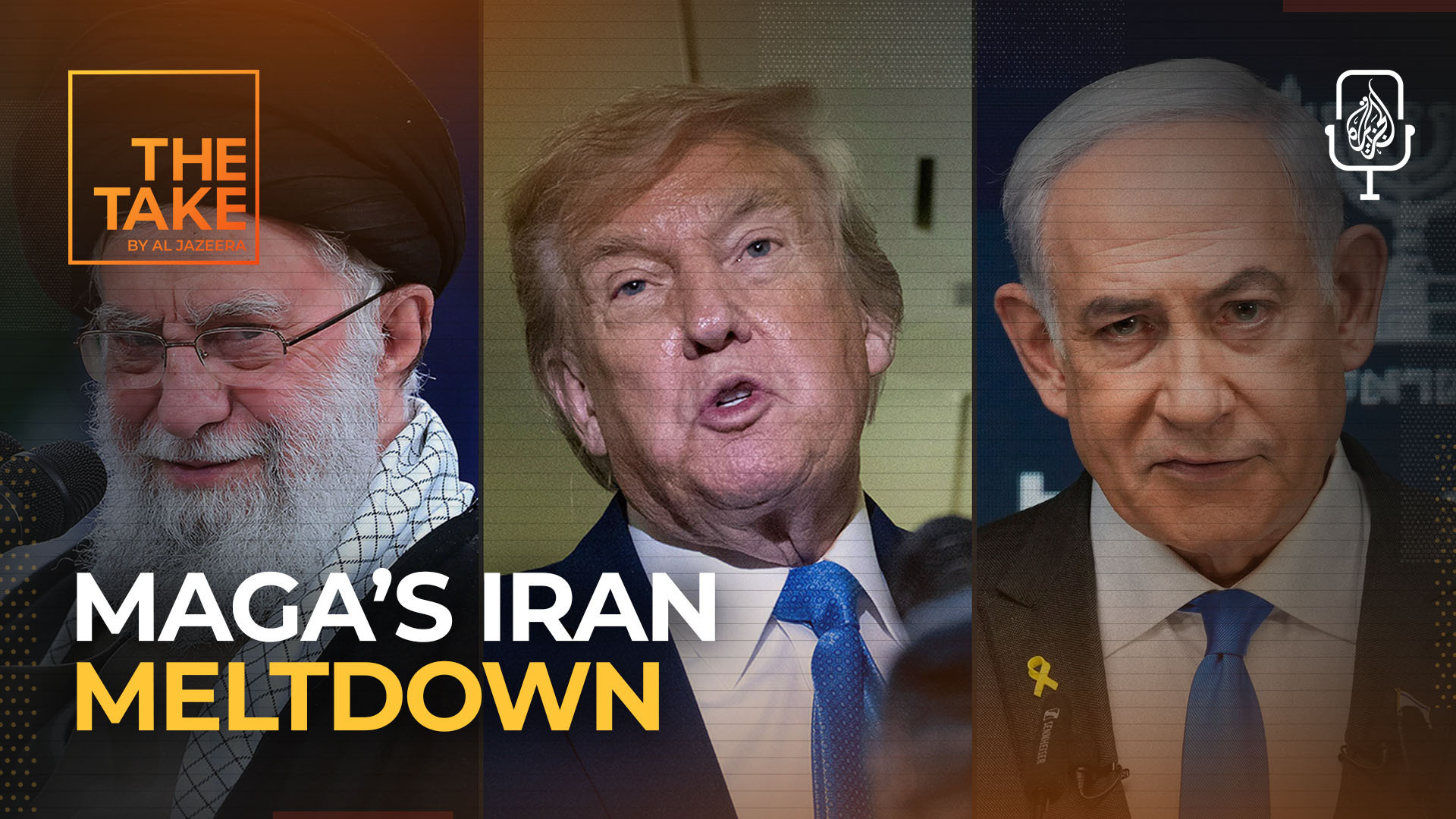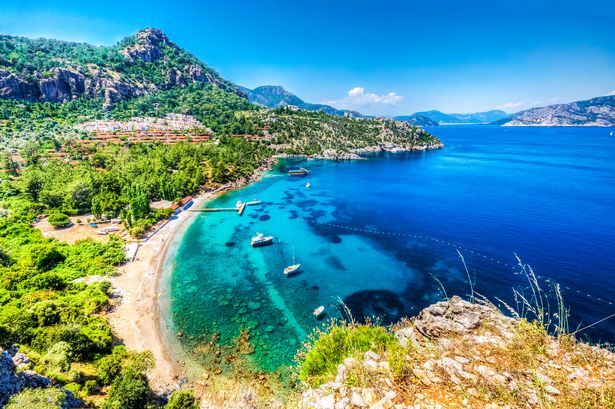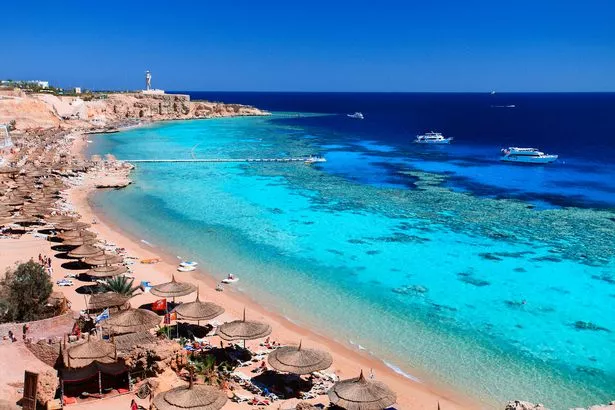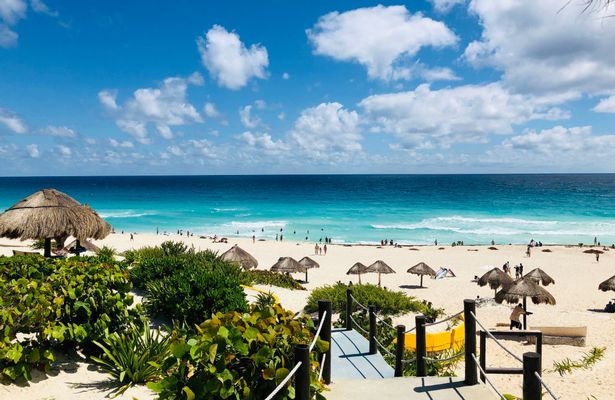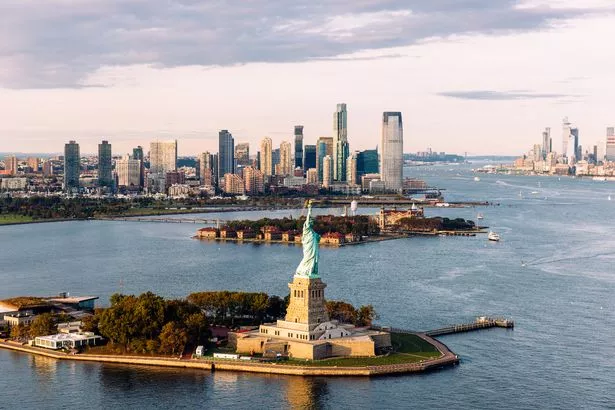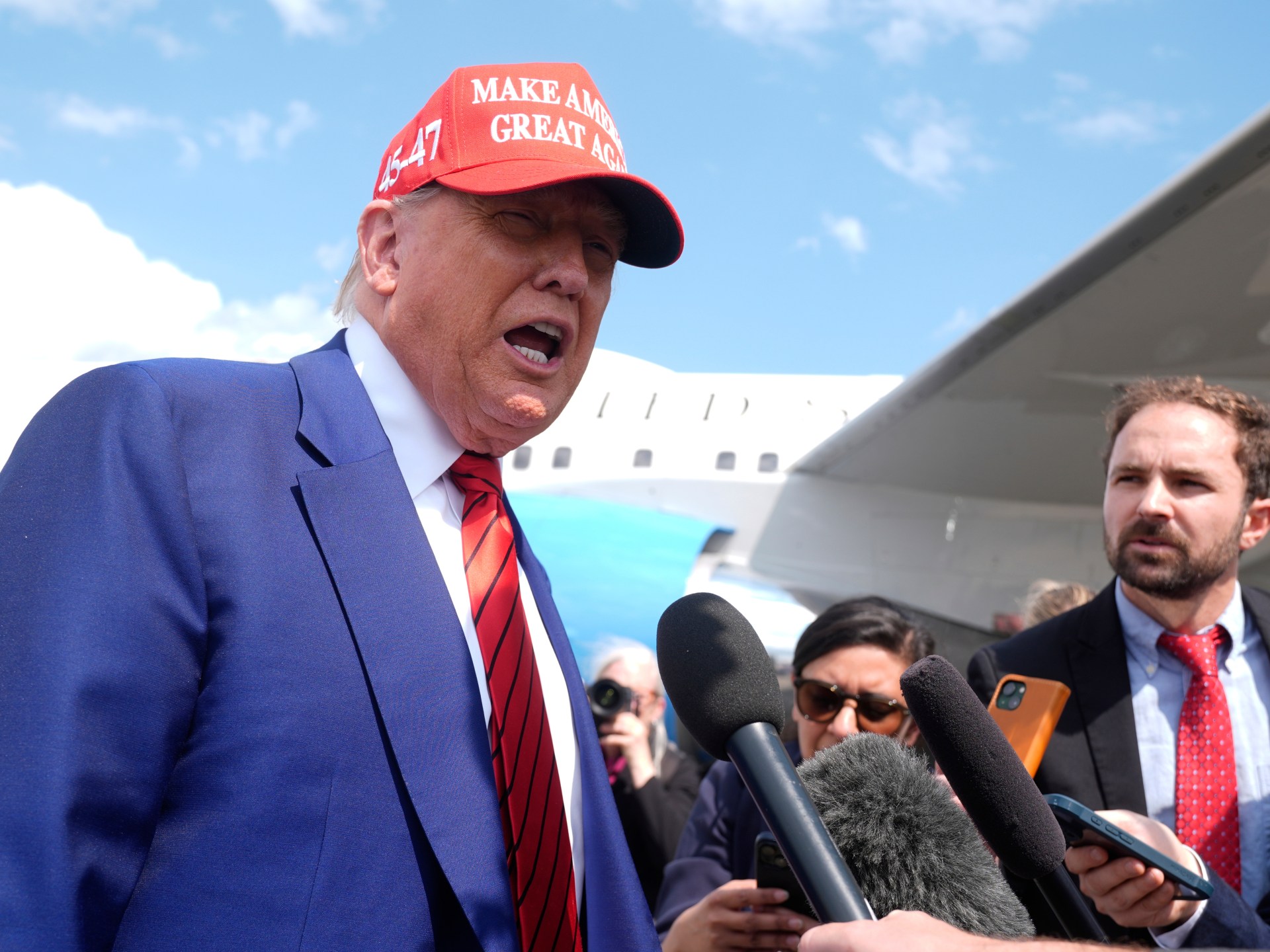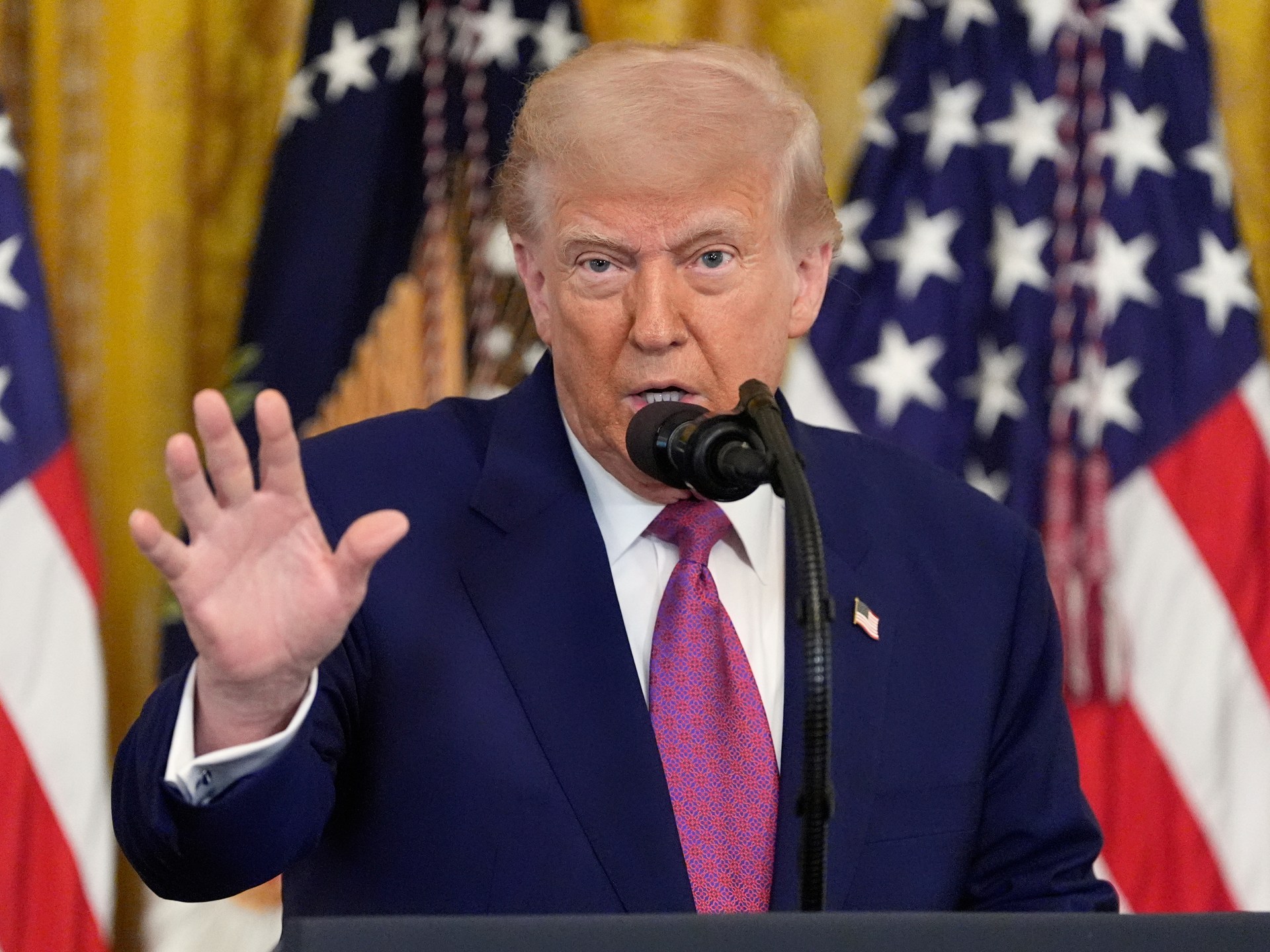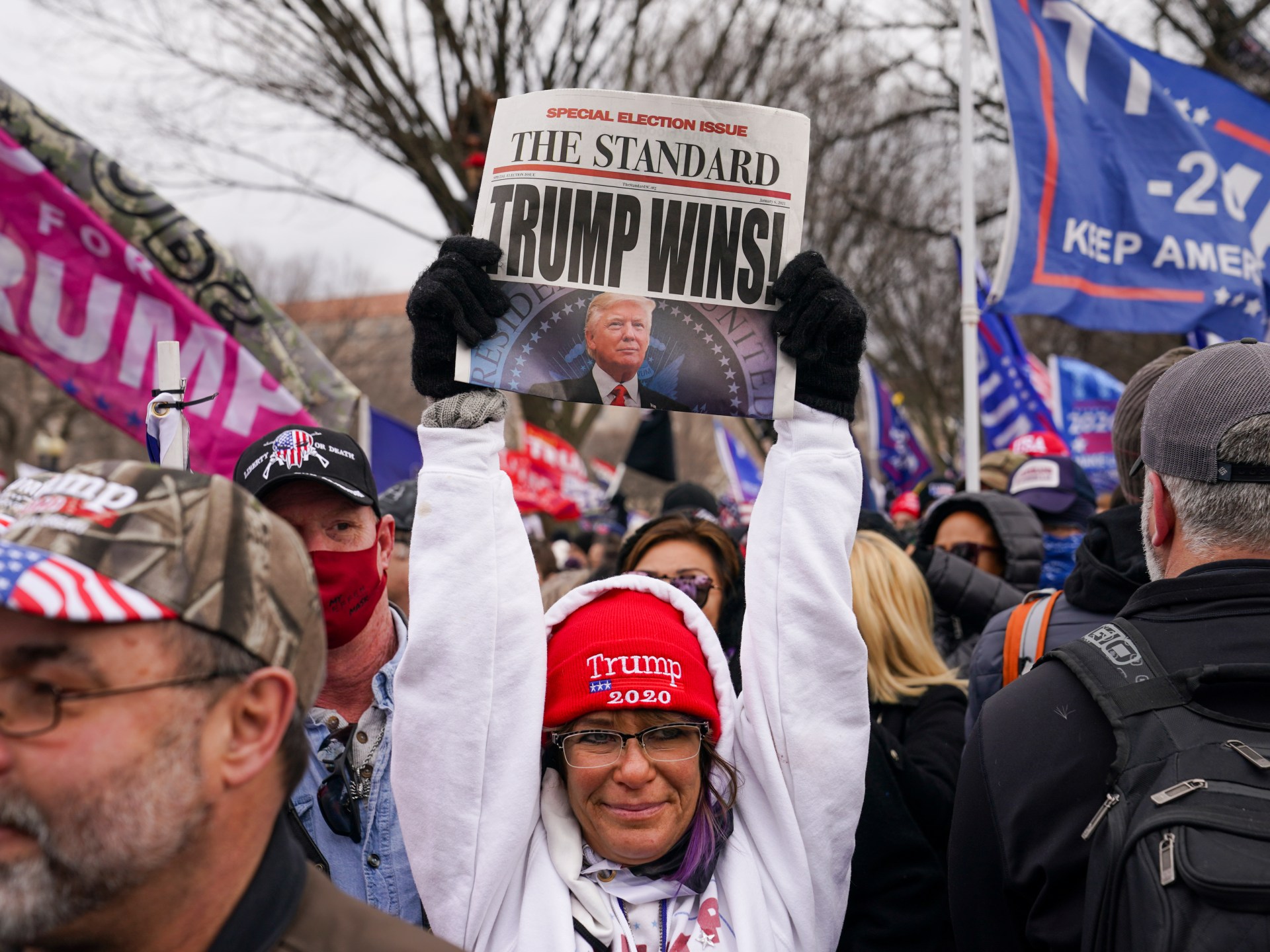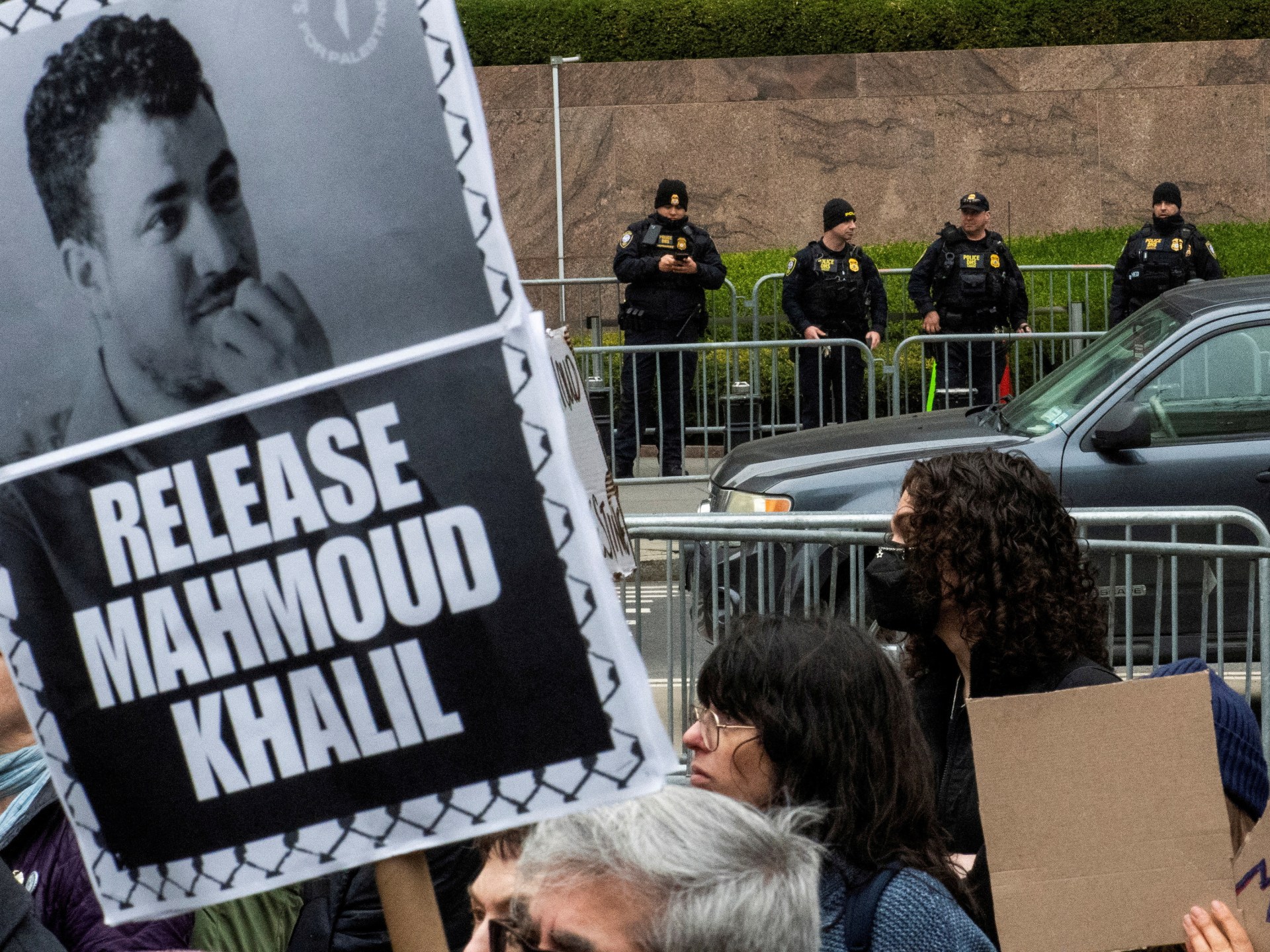The strength of the pound against most other currencies has boosted Brits’ spending power when they head abroad this summer, research had found, in some cases by a lot
Millions of Brits planning foreign holidays this summer will be quids in thanks to the pound’s strength, a recent report has found.
Sterling’s gain against a host of currencies has boosted families’ spending power – in some cases by a lot. For instance, the pound’s 30% rise against the lira in the past year means holidaymakers jetting to Turkey will have a bumper £116 more to spend for every £500. That is equivalent to a couple of three course meals for two, with wine, in the Turkish resort of Marmaris, plus four beers. Those considering a long-haul break to Mexico will have almost £57 per £500 extra thanks to a near 13% increase against the peso, according to the Post Office Travel Money’s Holiday Spending Report.
It reveals that the UK pound is stronger than a year ago against 25 of the 30 currencies and has gained ground against 80% of them since March. Others in the top 10 list of spending power gainers include Egypt, Australia, and New Zealand.
Brits thinking of a trip to the States will also get more bang for their buck thanks to sterling’s 6.6% rise against the US dollar, meaning they would have almost £31 per £500 more to spend than this time last year. Despite that, many people are seemingly having second thoughts about going on holiday to the USA. The main concern is that US President Donald Trump’s trade tariffs will mean higher prices – cited by 78% of those polled – rather than his politics in general.
Those heading to Europe will also be better off, though not by so much. Sterling is just 0.9% up against the euro year-on-year, meaning Brits have £4.50 per £500 more spending power across the pond than last summer.
The Post Office report also found a sharp rise in the number of people planning trips abroad. Two-thirds of those surveyed said they intend to take a foreign holiday this year , with more than half having already booked their trip. That is despite growing concerns voiced by nine-in-ten of them about whether they have enough money to afford the trip. Over three-quarters said exchange rates were a big concern for them.
When it came to people’s views on the best value destinations, Brit-favourite Spain came top, followed by Turkey, Thailand, Portugal, Greece and Italy. When it came to their trip abroad, 82% of holidaymakers said they had set a budget averaging £377, but most admitted overspending.
Laura Plunkett, head of travel money at the Post Office, which accounts for one-in-four UK foreign exchange transactions, said: “This year’s holiday spending research again demonstrates that holidaymakers don’t always set a realistic budget and overspend by large amounts as a result. It’s great to hear that holidaymakers are already planning to budget more for their holidays this year, to avoid coming unstuck when they arrive at their destination.”
The report also found that many holidaymakers are paying over the odds for transactions abroad. While it advisable to carry some cash overseas, one-in-five in the survey said relied solely on plastic to pay for purchases, and just over a quarter changed less than £100 into foreign currency.
As a consequence, holidaymakers can into difficulties. From the poll, 7% said they had tried to pay a restaurant, shop or bar bill with a credit card, only to find that it was not accepted.
More than one-in-ten also fell foul of a practice known as Dynamic Currency Conversion by agreeing to pay on their card in sterling rather than local currency, incurring unnecessary transaction charges as a result.
Ms Plunkett said: “Paying on a debit or credit card may seem like a convenient way to pay for things while abroad, but our research suggests that this can be a costly practice. Far too many holidaymakers told us that they paid significantly more than they anticipated because of the transaction charges made for using credit and debit cards at an overseas ATM.”
